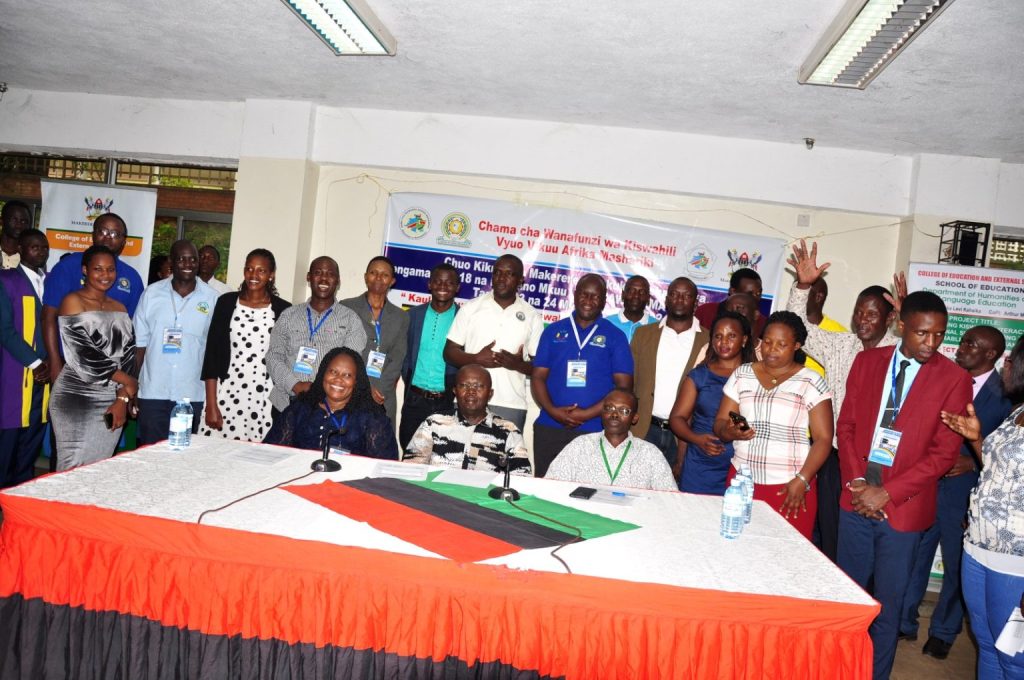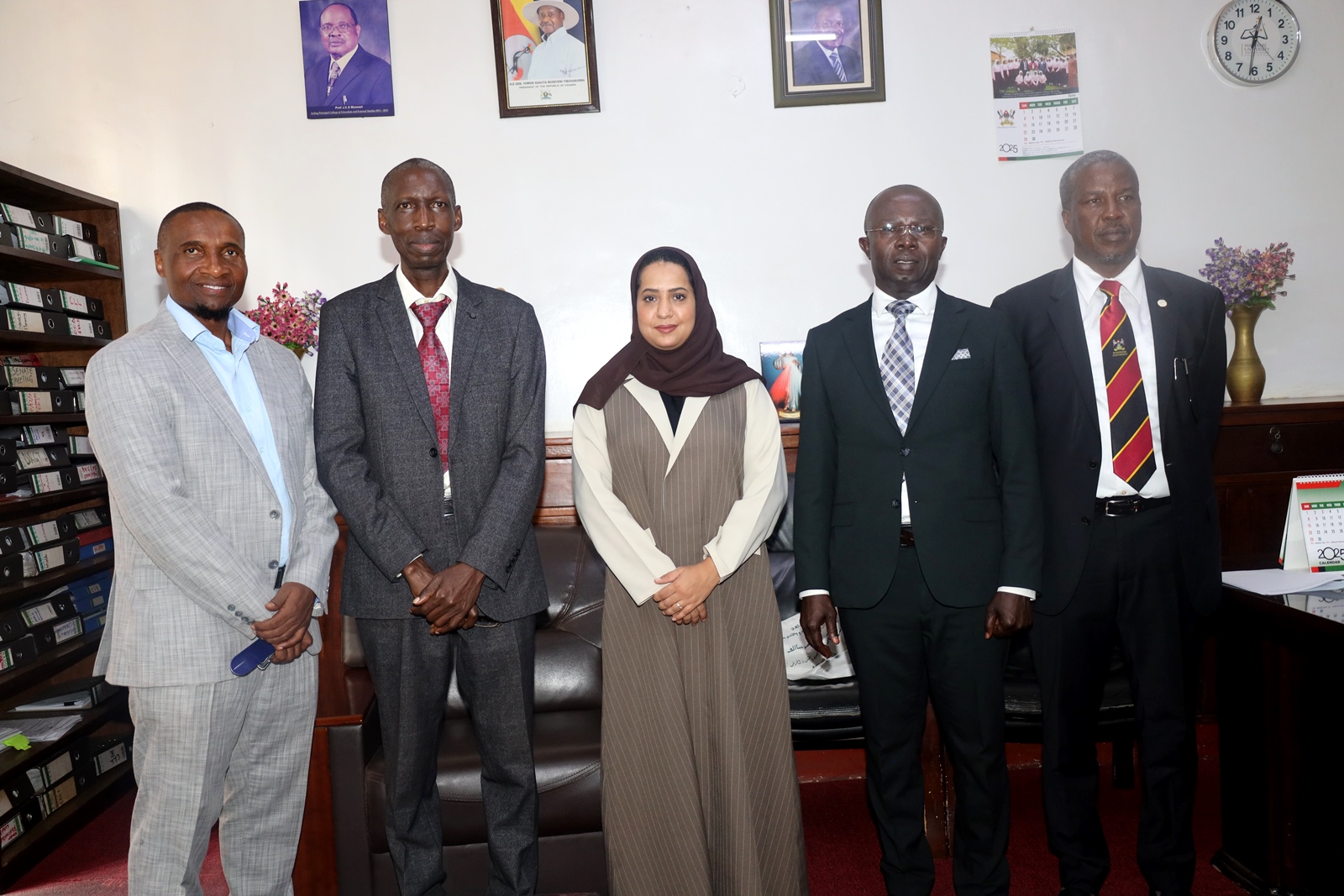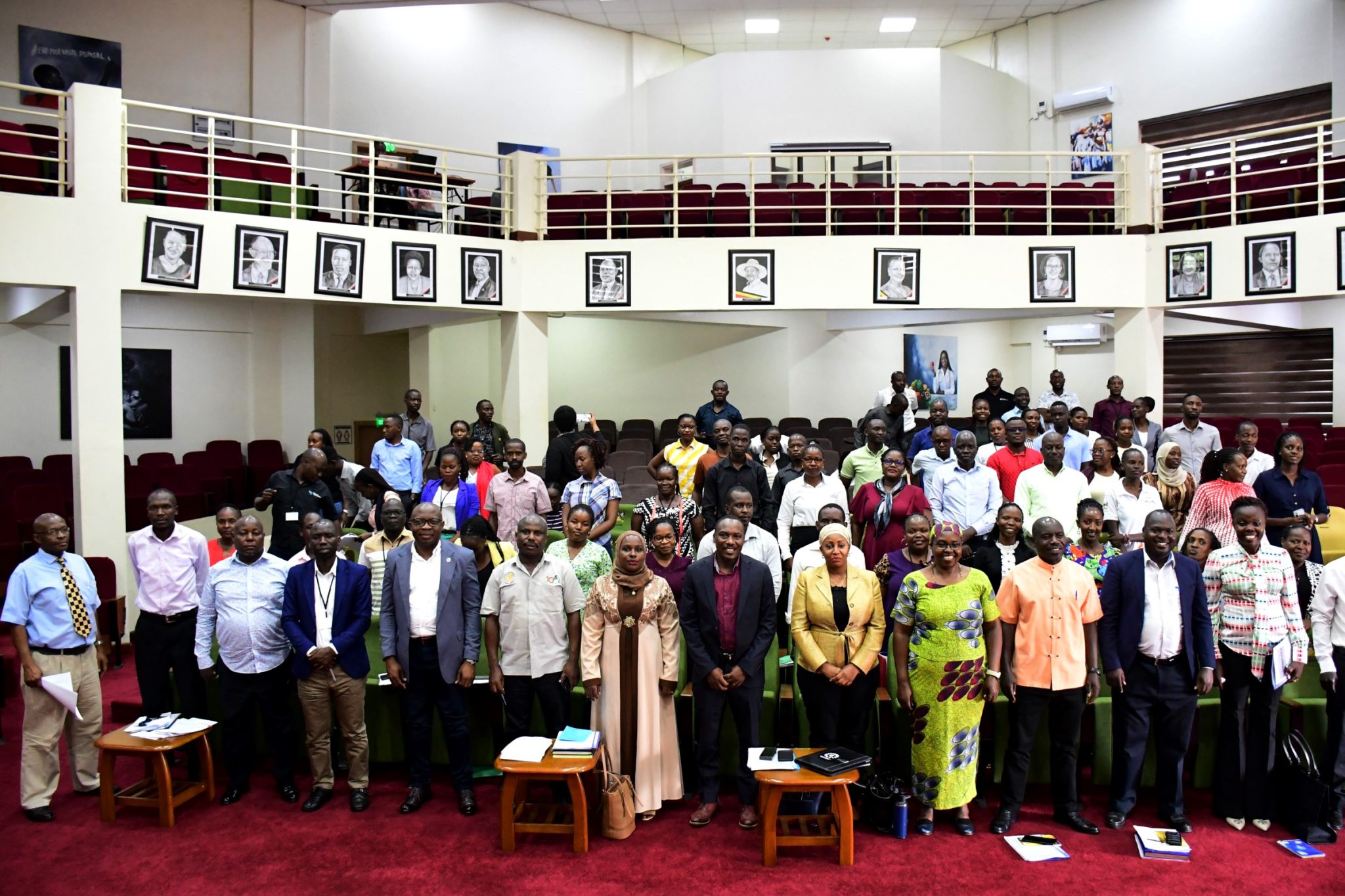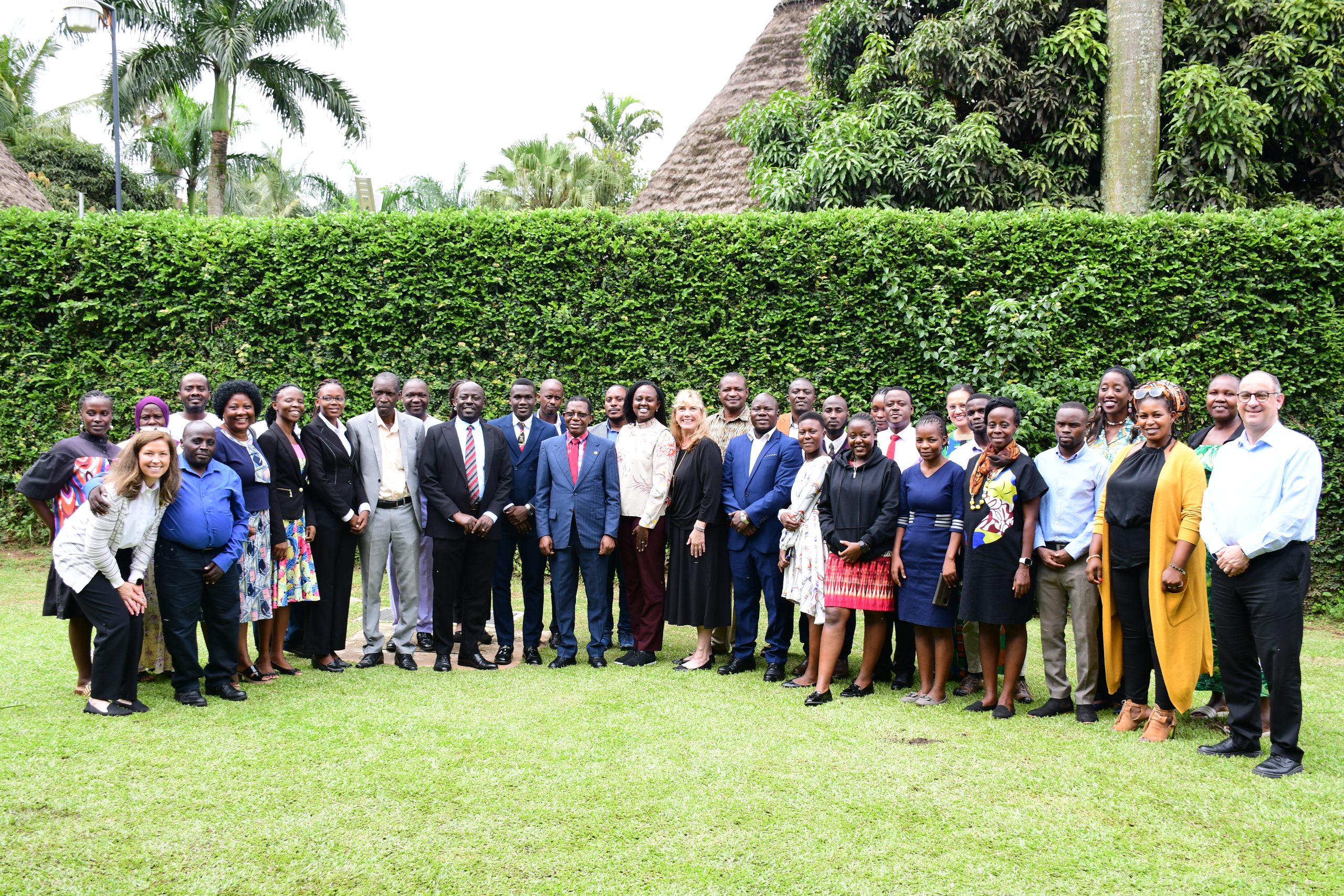The association of Kiswahili speakers in Uganda through their umbrella body, CHAKITAU, have asked the government to pass a directive making the language compulsory in schools and higher institutions.
CHAKITAU is a Swahili word which stands for Chama Cha Kiswahili Cha Taifa Cha Uganda.
The members said if Kiswahili is integrated in teaching and learning at all levels, Uganda will then realize the East African Community goals and objectives.
Dr Levi Masereka Kahaika, a lecturer of Kiswahili at Makerere, said the government should think about introducing the language at nursery level.

This he believes will make learning Kiswahili easy since it is believed the learning rate among children is higher than their older counterparts.
“Our research revealed that if a child is introduced to a language when he/she is still young, chances are high they will speak it fluently,” Dr Masereka said.
He further noted that a child is capable of learning six languages at a time, and Kiswahili should be prioritized alongside English, the official language.
“At the regional level, we are talking about free movement and free residency so we need to start now and everyone learns Kiswahili since it unites the East African Community,’ Dr Masereka said.

Kiswahili speakers raised the concern during the 17th annual Kiswahili conference which was held at Makerere University from 23rd to 24th March, 2024.
The conference was graced by students taking Kiswahili language at higher institutions of learning lead by Makerere University, the host institution, Kyambogo University, Metropolitan International University, Bishop Stuart University, Mountains of the Moon University, Uganda Martyrs University, and Pentecostal University among others.
Schools including St Kizito SS Bugolobi, St Joseph Naggalama, Archbishop Kiwanuka Masaka, and Kampala Parents’ school among others also participated.

Dr Muhammad Kiggundu, the Head of the Department of Humanities and Language Education at Makerere University officiated at the conference on the opening day as the guest of honour.
In his remarks, Dr Kiggundu said despite the integration of Kiswahili in the Ordinary level curriculum, many teachers have remained unemployed, posing a risk to the future of the language in Uganda.
He asked the government to reconsider recruiting Bachelor’s degree holders saying the majority of the recent teachers recruited on government payroll were diploma holders.
“Government recruited diploma holders to teach students in lower secondary leaving out the bachelor’s teachers, most of whom are on the streets of Kampala searching for jobs,” Dr Kiggundu said.
He noted that since Kiswahili was introduced at Makerere University, they have passed out 40 percent of Kiswahili teachers in the country but only 10 percent have since secured jobs.

Dr Kiggundu asked the government to take immediate action and have those idle teachers deployed in schools countrywide to enable them spread the language to other parts of the country.
Dr Boaz Mutungi, the vice president of CHAKITAU, expressed worry over Kiswahili being taught in only central and Western schools and institutions.
“All universities in the North and Eastern don’t offer Kiswahili as one of the subjects in schools,” Dr Mutundi said.
He asked the government to absorb the available teachers and put them in vacant schools and institutions.
According to the statistics presented by CHAKITAU as of 2024, they have a total of 2,401 teachers as registered members of the association but 2,056 of them are unemployed.

The statistics further reveal that only 345 teachers are employed by the government countrywide. 57 of these teachers are diploma holders, 23 of them are Master’s degree holders and 19 teachers have Doctorate in Kiswahili (PhD), with one Doctor still unemployed.
The rest of them who are the majority have bachelors from different universities.
Dr Martin Mulei, the patron of CHAWAKANA Uganda, lauded primary and secondary schools that have already started adopting the language policy of teaching Kiswahili.
In 2022, cabinet approved the implementation of the 21st East African Community Summit directive in Uganda to make Kiswahili the official language and they also approved compulsory teaching of Kiswahili in primary and secondary schools.
However, the directive worked well in lower secondary schools after making Kiswahili compulsory for seniors one and two.





